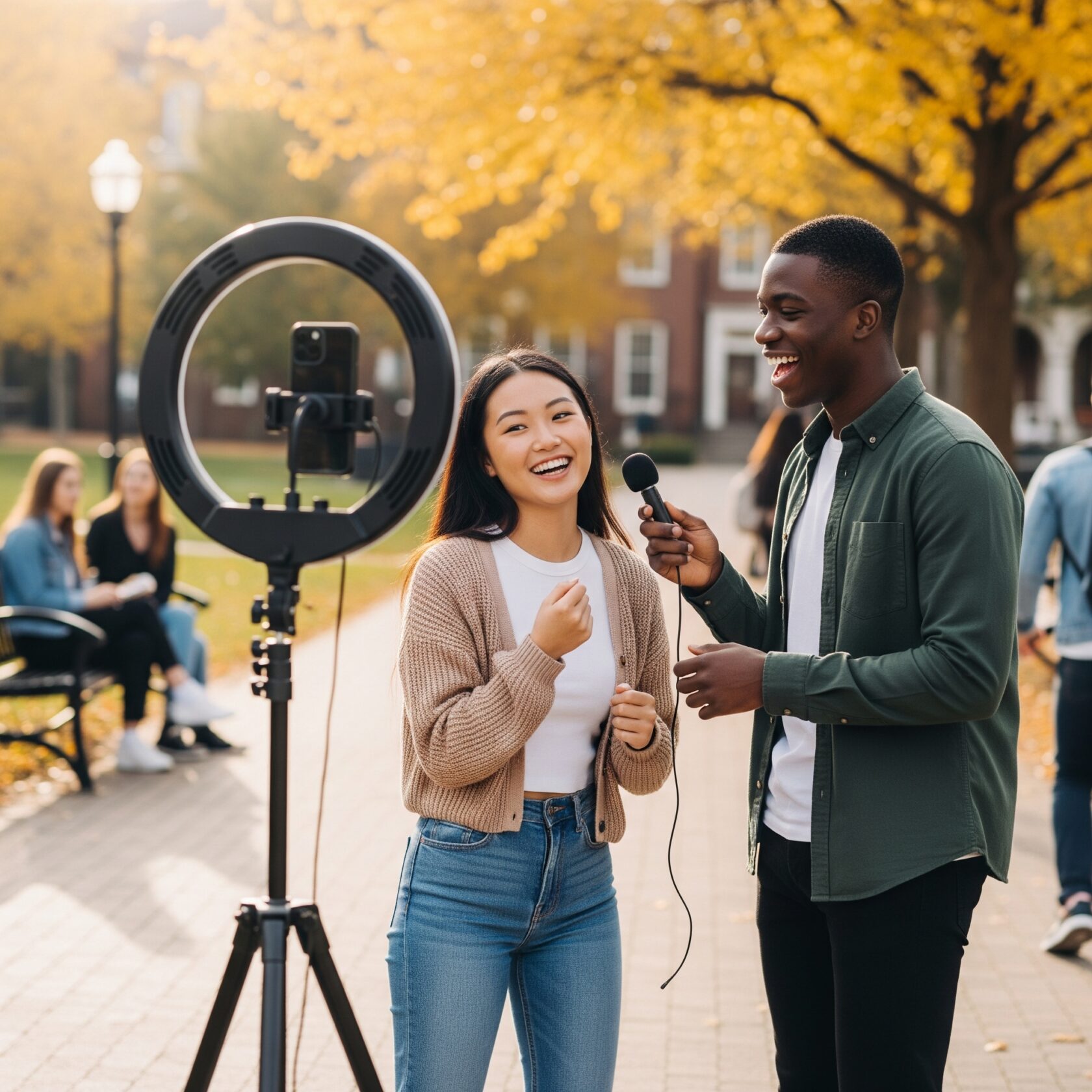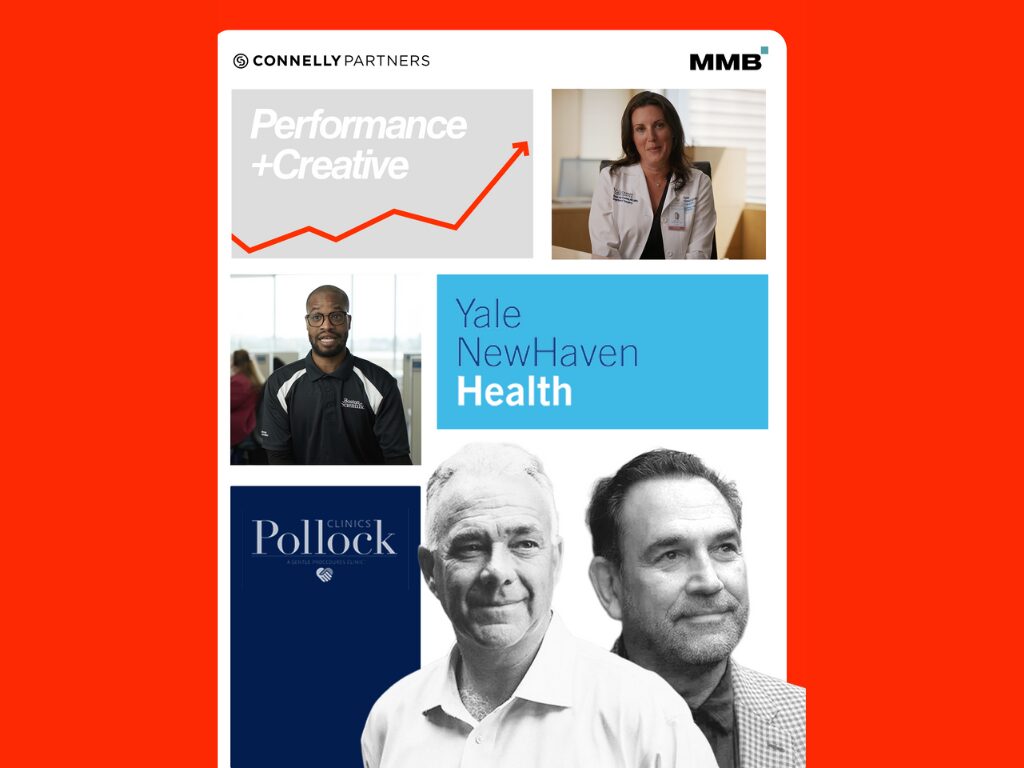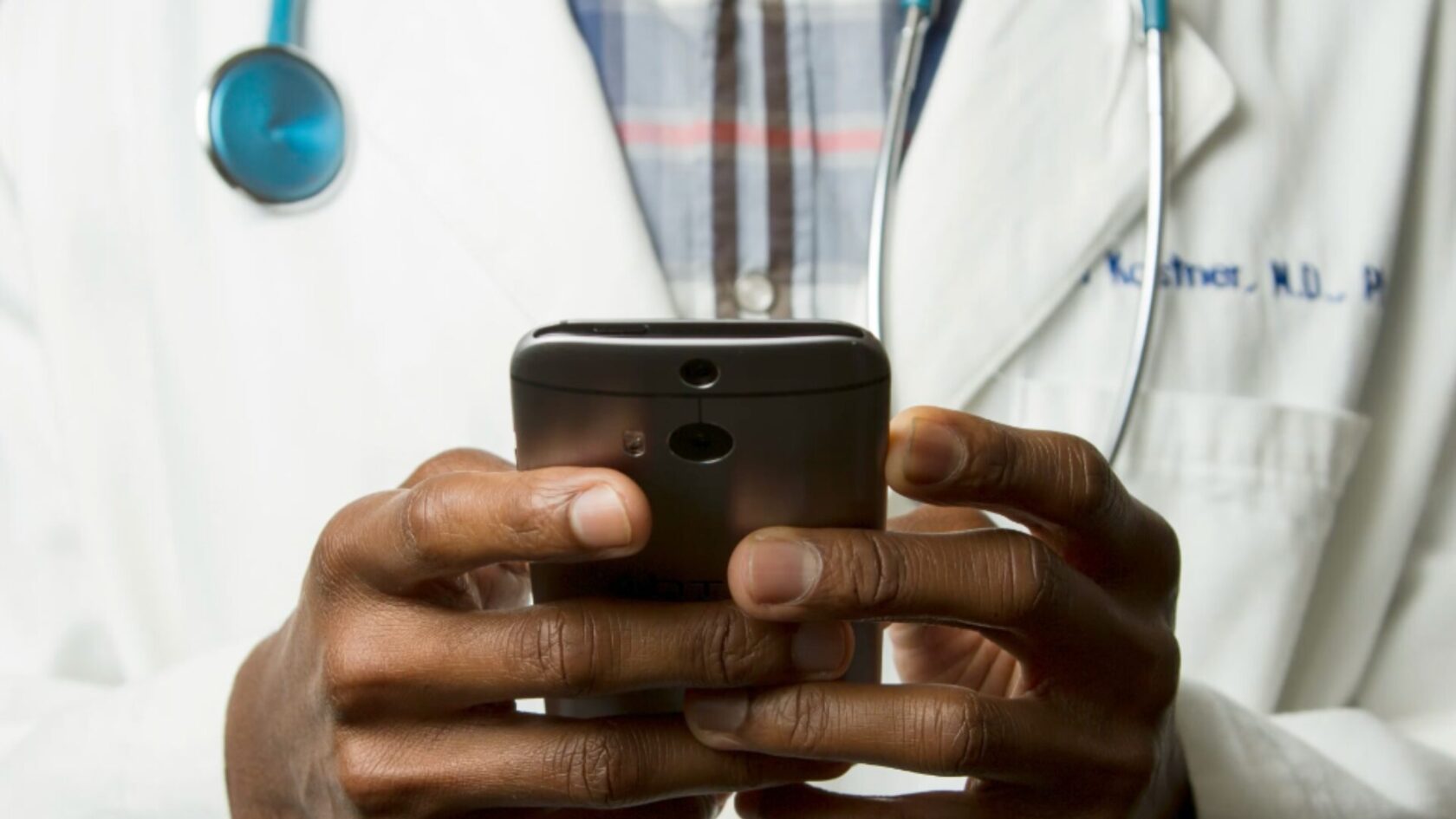Michele Hart-Henry, Managing Director, CP Health
Alyssa Stevens, Director of PR, Social Media & Influencer Marketing
Maya Menon Freeman, Strategy Intern
With over one billion global monthly active users, TikTok has amassed a captive audience for everything. From face creams to MRIs, native Gen Z seeks out online information on any and all subjects, including medical advice. Fifty percent of digital natives, aged 18 to 25, turn to social media platforms for health-related purposes either all the time (22%) or often (28%), according to Insider Intelligence’s US Digital Health Survey 2022. With a wealth of information that they’re used to at their fingertips, younger consumers tend to rely on digital resources for their well-being more than their older counterparts.
With the shifting dynamics of social media gaining more influence and legitimacy as a news source comes the risk of abusing this power. Experts warn that user-generated content on social media platforms, often shared by social influencers, can easily provide disinformation, creating a confusing and misleading mix of fact and fiction.
The most recent example of this is when Kim Kardashian received backlash for promoting an elective MRI scan that can cost up to $2.5k to her 364 million Instagram followers, claiming that the procedure “has really saved some of my friends’ lives.” The New York Times deemed the endorsement a signal of The New Status Symbol. Prenuvo, the company offering the imaging session, claims to search for early signs of cancer, aneurysms, liver diseases and even multiple sclerosis. The impulse to discover illnesses as early as possible is understandable, however, the American College of Radiology has stated that there is “no documented evidence that total body screening is effective in prolonging life,” and warns that scans could lead to “nonspecific findings” that require expensive follow-ups.
Avoiding Pitfalls of Influence
Unfortunately, a case like Kim K’s is not out of the ordinary. When non-professionals become leading health voices without any background or training, power shifts away from highly trained individuals, leading to ripple effects throughout the industry. For influencers promoting products or services with supposed medical benefits, these spotlights are often motivated by personal gain, whether financial or to expand influence and followers, as opposed to proven science. Influencers sharing recommendations may create an oversimplification of medicine at best, and create misinformation at worst. Influencers may even cause consumers or followers to self-diagnose and seek out treatments or shortcuts that may not be in their best interest.
As N. Adam Brown, MD, MBA explains, “we simply cannot treat healthcare innovations as trends. We must demand greater responsibility and accountability by platforms and companies using influencers to drive healthcare businesses.”
Authenticity in Healthcare
As true as the pitfalls may be when using influencers in the healthcare space, there is expansive potential for positive, authentic content that can improve health. Raising awareness is one of the simplest and most effective benefits derived from an influencer presence, leading to earlier detection, better management, and reduced stigma associated with some conditions.
The most successful example is the 2014 ALS Ice Bucket Challenge, which began as an Instagram trend and resulted in more than 17 million people participating in the Challenge and raising $115 million for The ALS Association. The culmination of that campaign was the Steve Gleason Act, which guarantees ALS patients access to much-needed speech-generating devices.
Influencers sharing their own health experiences can also lead to greater personal advocacy, where individuals feel empowered to seek out more personalized, high-quality care from their providers. In this same vein, platforms like TikTok create a lower barrier of entry for those afraid of asking personal or potentially embarrassing questions to their own medical teams.
Accounts like @avgdiabetic and @shaneburcaw share daily experiences of their chronic conditions as well as their lives outside of their medical care. They build an authentic connection with their viewers and speak truthfully to their own individual experiences, instead of plugging a new trend or product.
@nursehadley and @doctor.mike are excellent examples of healthcare professionals who are also influencers, using their experience to educate viewers in a way that is backed by science, years of medical school, and research. Credibility is the core of their persona, and rightfully so. They reach their followers through expertise with a personal touch. For healthcare professionals in particular, these platforms can be utilized as a social listening tool where users discuss frustrations or opportunities to respond to consumer needs.
Prioritize Experience
Whether personal or professional, experience is the key. Speaking from a more personal place for non-HCPs enables authentic connections and greater empathy among followers. The greatest potential for positive effects comes directly from transparency and de-stigmatization of sharing one’s story. But leave the medical advice to the professionals, who are the most qualified to provide actual advice, knowledge, and best practices to counterbalance misinformation that can permeate social media.
TikTok and other social media platforms are here to stay. Deploying the reach of influencers to help consumers make good health choices is a continuing balancing act. While the supplanting of healthcare practitioners for the likes of Kim Kardashian is concerning, there is still an opportunity for impactful, empowering content to create broad awareness and move people in healthy directions.



